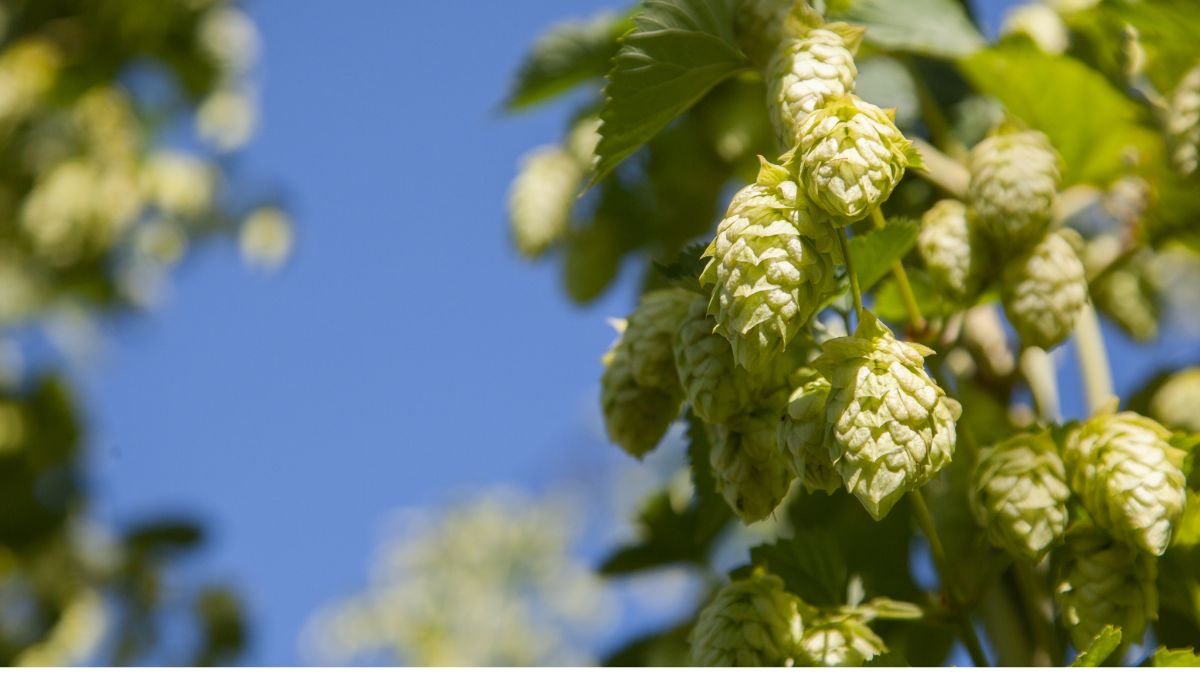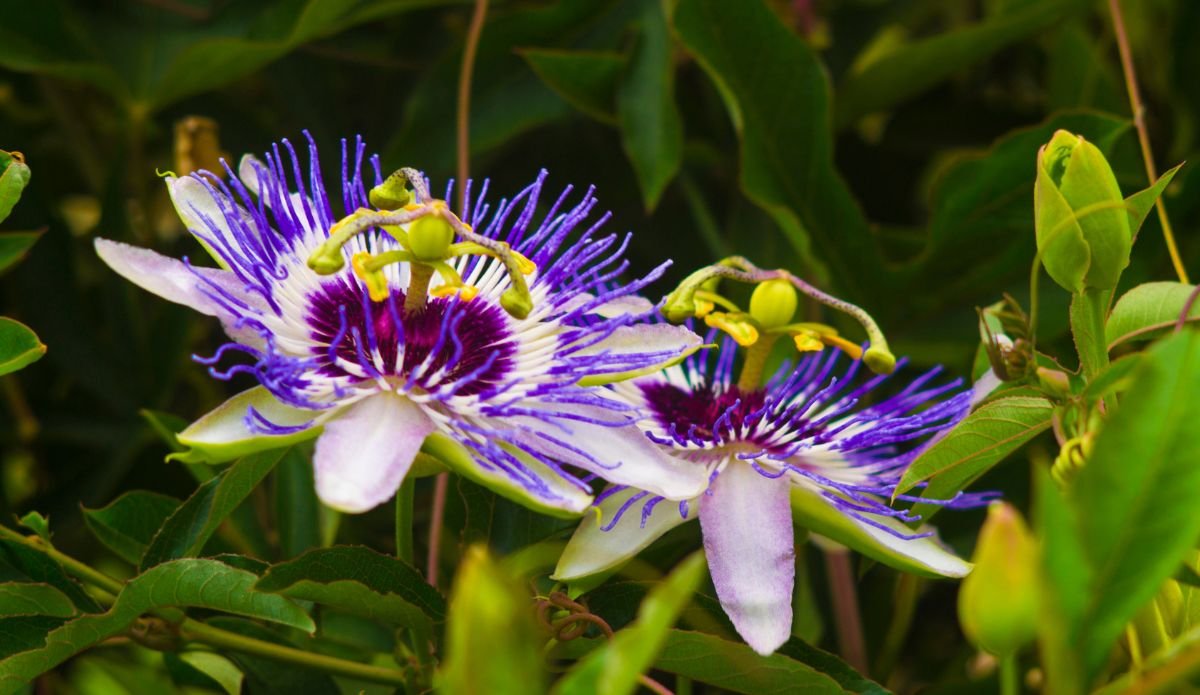Have you been feeling worried, uncertain or nervous lately? Do you suffer with stress and anxiety? Are you having trouble getting a peaceful night’s sleep? If so you are not alone.
In my role as a therapist and shamanic healer I often get to work with clients that suffer with feelings of stress and anxiety much of the time. They are looking for safe and effective treatments that help them gain a sense of relaxation and calmness during the day. But most of all, what they crave is a good night’s sleep and to wake feeling mentally alert and well rested.
Some of the things we often talk about is how that can learn to consciously relax and how to deepen their relaxation experience. Not only just before bed, but throughout the day; whenever they feel mentally edgy, on tenterhooks and restless.
Insomnia and broken sleep are no fun at all. We all know that when we don’t get enough good-quality sleep, it affects our mood and performance throughout the day. We might have trouble concentrating at work or other tasks. Life can lose it’s shine. We can feel flat, become more prone to low mood and even start to suffer with depression.
Medical statistics also show that over time daily stress, lack of sleep, and feelings of anxiety can negatively effect our health in myriad ways. Stress supresses our immune systems. It causes chronic inflammation in our bodies which show up as pain, stiffness, and mental agitation. We may become more vulnerable to chronic conditions like obesity, diabetes, heart disease and depression.
With all that in mind, it makes sense to look for natural and easy stress relief methods and treatments for anxiety that are known to be effective in helping you feel better.
Why choose natural, herbal treatments for anxiety?
When it comes to treatments many people will speak to their doctor. The first approach may be anti-anxiety medications or sleeping pills.
Even though millions of people are prescribed these every year they don’t always work for everyone. They often have a slew of unpleasant side effects like blurry vision, constipation, dry mouth and weight gain. And worryingly, some are highly addictive. That’s why more and more people seeking a safe and side effective natural remedies as way to help them reduce their stress levels and manage their anxiety instead.
Many of these remedies have been used effectively for centuries! In fact, science has shown that some natural treatments work even better than prescription anti-anxiety drugs. Let’s take a look some of these amazing remedies together!
Passionflower has been used for centuries to treat anxiety and insomnia.
The scientific name for passionflower is Passiflora incarnata.
One of the ways passionflower works is by stimulating something called GABA in your brain. GABA stands for gamma-aminobutyric acid (whew, that’s a mouthful!) and it’s basically a chemical messenger that helps your brain relax. When you’re feeling anxious or stressed out, your brain might not be making enough GABA on its own.
This is because stress causes your brain to produce more of another chemical called cortisol. Cortisol is the “fight or flight” hormone because it’s released when you’re under pressure or feeling anxious. Unfortunately, too much cortisol can interfere with the production of GABA and other important neurotransmitters in your brain.
When your brain isn’t producing enough GABA, you might experience symptoms like anxiety, restlessness, insomnia (trouble sleeping), and even seizures in extreme cases. That’s why it’s so important to find ways to calm your stress responses and support healthy brain function.
Passionflower is an ideal plant for supporting a sense of calm and wellness. it is rich in flavonoids and alkaloids. These naturally-occurring compounds can help increase levels of GABA, which we talked about earlier, and also decrease activity in certain parts of your brain that are associated with anxiety and stress.
Grow your own Passionflower Plants
If you want to grow your own passionflower plant, it’s actually pretty easy to do! You’ll need a sunny spot in your garden with well-draining soil. Passionflowers are climbers, so they’ll need something like a trellis or fence to grow on.
To harvest the flowers, wait until they’re fully open and then pluck them off the vine. You can dry them by hanging them upside down in a warm, dry place for a few days.
When you’re ready to make tea with your dried passionflower leaves and flowers, simply add 1-2 teaspoons per cup of hot water and let it steep for 5-10 minutes. You can also find pre-made teas or extracts at health food stores if you don’t want to make it yourself.
So there you have it – a brief overview of passionflower and how it helps to reduce anxiety, calm your mind, and improve the quality of your sleep.
Herbal treatment number two is Hops
The botanical name for hops is Humulus lupulus L., hops (Cannabaceae)
 Most people will know that hops is used to make beer, but it is also incredibly helpful for your health? Hops are grown in the UK, central Europe and other temperate parts of the world. They’re a type of vines and can grow up to 10 meters tall!
Most people will know that hops is used to make beer, but it is also incredibly helpful for your health? Hops are grown in the UK, central Europe and other temperate parts of the world. They’re a type of vines and can grow up to 10 meters tall!
Back in the Roman era, physicians noticed that people who harvested hops would get really tired quickly. They thought it was because of a sticky substance on the plant called resin. Nowadays, it’s known that hops contain two substances, lupuline and humulene. These contain prenylated flavanones (like isoxanthohumol), and chalcones (like xanthohumol). Both these can help calm your mind and make you feel sleepy.
Some studies have been done to see how well these hoppy substances work. One study, which always makes me smile, looked at female nurses who worked night shifts. They were given non-alcoholic beer with dinner for two weeks and then their sleep patterns were tracked by a special wristband. The researchers found out that the nurses fell asleep 8 minutes faster than usual when they drank the beer and also felt less anxious overall. So the conclusion is that hops is an effective natural treatment for anxiety and reduces symptoms of stress and insomnia too.
Can I grow hops at home?
Growing your own hops can be quite a chore if you are a beginner. I found a great resource that goes into detail about how you can get started growing hops in your garden.
Herbal treatment number three is Valerian
The botanical name for Valerian is Valeriana officinalis, Caprifoliaceae
Valerian has been used for centuries as a natural remedy for anxiety and insomnia. It is a perennial plant that is native to Europe and Asia.
The root of the valerian plant contains several compounds that have been shon in studies to have a calming effect on the nervous system. These include valerenic acid, valeranon, and valtrate.
Valerian has a long history as medicinal herb. Hippocrates, the father of modern medicine was a keen fan. And there are records from ancient Greeks and Roman texts that show how it was used to treat ailments such as headaches, nervousness, and insomnia.
Nowadays, it’s quite common for people to grow valerian in their gardens. People harvest it, dry the roots and turn them into teas or capsules. It’s so well known that you can find it pretty much in any store that sells vitamins and supplements – no for a doctor’s visit or a costly prescription.
How can you grow valerian in your own garden?
First select a sunny spot in your garden. Valerian likes, light well drained soil, You can grow Valerian from seeds or form root root cuttings. Just remember that it’s best planted in early spring or fall.
For your own medicinal uses you’ll need to harvest the roots. But you’ll have to wait two to three years before excavating the soil around the base of the plant. Once the plant is ready you can carefully dig up the roots. Wash them clean before hanging them up to dry in a cool, dry space for two to three weeks.
After that, you can store them in an airtight container in a cool and dark place where they will keep for up to two years.
To sum up
Natural herbal remedies that treat anxiety, stress and insomnia can be more effective than prescription medication. They are generally safe to use and have no negative side effects.
Three of my favorite natural remedies for anxiety and insomnia are passionflower, hops, and valerian. Passionflower helps lower anxiety because it produces GABA, while hops can make you sleepy thanks to substances like lupuline and humulene. Valerian helps calm the brain and can be found in supplement stores or grown in your garden.
Oh, and one last thing. When it comes to getting a great night’s sleep combining hops with passionflower and valerian is the way to go. A study found that this herbal combination worked just as well as Ambien – a common prescription sleeping pill – but without any of the side effects!
What do you think?
Has this article been helpful to you? Do you have any questions about reducing anxiety or getting a good night’s sleep that we can help you with? Which natural remedies have you used to help you feel calmer and more relaxed? We would love to hear about it.
As always, your interaction with our posts creates a reservoir of wisdom for all our readers to benefit from so please share your thoughts, stories and questions in the comments box below and remember to tweet, like and share.
Additional Resources
Harvard University Guide – How to get a better night’s sleep
31 things to try to fall asleep faster – checklist
 Zenlama Holistic Wellness and Healthy Living for Body, Mind and Spirit
Zenlama Holistic Wellness and Healthy Living for Body, Mind and Spirit








